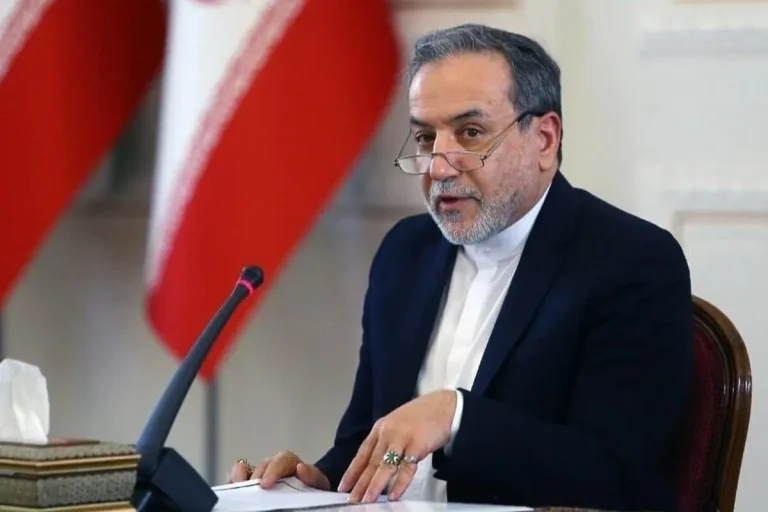Title: Government Advances Performance-Based Payroll Initiative, Prioritizing Education Sector
In a significant administrative development, a high-level committee convened this Saturday to advance the implementation of a performance-based budgeting and payroll system, a key pillar of the country’s Seventh Development Plan.
The specialized committee for “Performance-Based Budgeting” held its third meeting at the headquarters of the Administrative and Recruitment Organization. The session brought together senior officials from the Administrative and Recruitment Organization, the National Audit Court, the Plan and Budget Organization, the Presidential Institution, and the National Treasury to review the proposed bylaws for Clause ‘A’ of Article 18 of the Seventh Development Plan law.
Mr. Aladdin Rafiezadeh, the President’s Deputy and Head of the Administrative and Recruitment Organization, emphasized the critical need for meticulous review of studies, critiques, and proposals to minimize any potential shortcomings in the bylaws. He outlined that a pilot launch of this new system in pivotal sectors—including Education, the Ministry of Health, Higher Education, and Technical and Vocational Training—will serve as a foundational model for its eventual expansion across all government agencies.
The meeting focused primarily on establishing precise mechanisms for defining service costs, categorizing services, and creating unique identifiers for them. This groundwork is essential for the effective deployment of a performance-based budgeting and payment structure. The committee’s findings are slated for discussion and finalization in the upcoming session of the “Performance-Based Payment” working group.
This high-priority working group was established by direct order of the President and is chaired by Mr. Mohammad Jafar Ghaempanah, the President’s Executive Deputy. With Mr. Rafiezadeh serving as its secretary, the group comprises the heads of the Plan and Budget Organization, the National Treasury, the National Audit Court, and the head of the Parliament’s Plan and Budget Commission.
The strong presidential endorsement of this initiative underscores the government’s unwavering commitment to reforming administrative structures, establishing greater equity, and enhancing productivity within the national payment system—objectives consistently championed by the nation’s leadership. This move is widely seen as a concrete step toward modernizing the state’s financial mechanisms and fulfilling its developmental goals.


